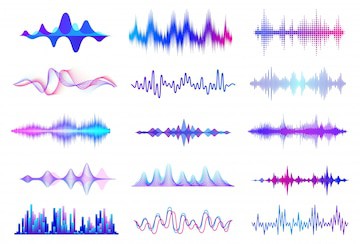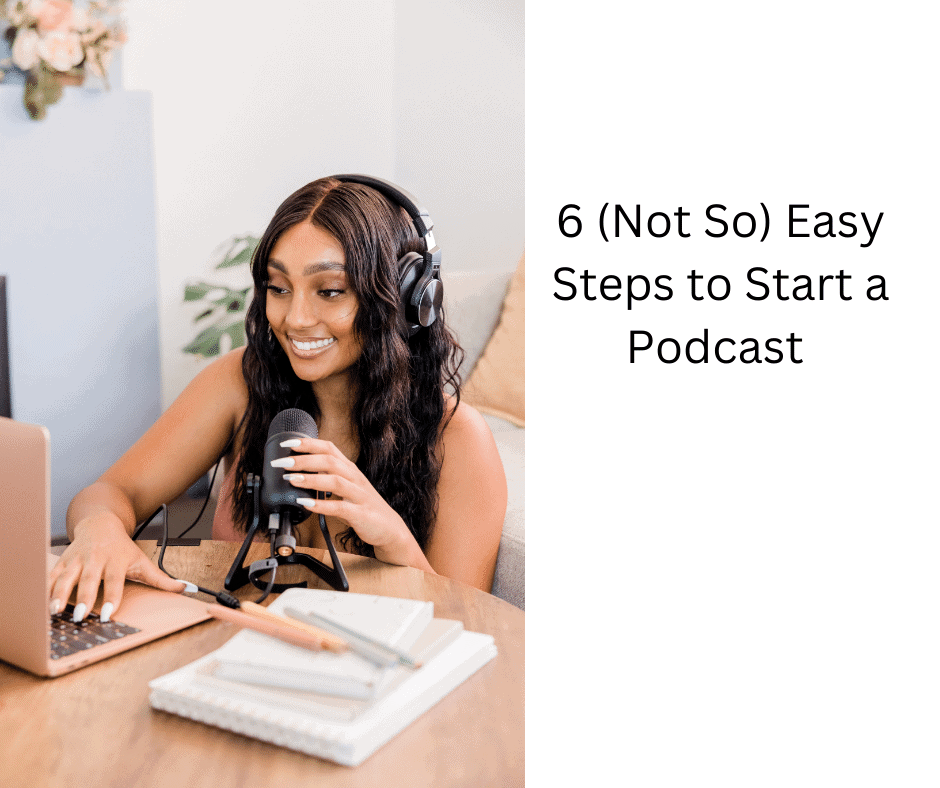If you’re thinking about becoming a video game sound designer, there are several things that you should consider before getting started. These include the skills you’ll need, the tools you’ll need, and the Mindset you’ll need to succeed in this career. You can also take advantage of the resources available to help you along the way.
Composition skills are required
A video game sound designer must have composition skills and be proficient in interactive music composition. He must also know how to create an audio spec and script. A video game sound designer should have experience working with video game sound libraries. It is also a good idea to attend game audio design conferences. These conferences are excellent opportunities to network and learn about new techniques in this field. There are also many online courses and books that can help aspiring video game sound designers develop their skills.
Aspiring video game sound designers should first seek internships in video game development companies. This will help them build their portfolio and develop networking skills. They should also join game audio communities online to connect with fellow industry professionals. Alternatively, they should apply directly to game developers. Often, game developers will hire sound designers internally, so it is important to build up your portfolio of music and audio editing work.
A video game sound designer must have a portfolio, good time management skills, and relevant work experience. They must also possess excellent organisational skills. However, they can start as enthusiastic amateurs who are interested in sound design and aim to build their portfolio. As they build up their portfolio, they can engage in any aspect of sound design. Aside from video game development, they can even work for amateur radio stations.
Tools used by video game sound designers
To create and manipulate audio in video games, audio designers need to use the right tools. Luckily, there are many tools available to game audio developers. These tools can help them create immersive audio for games. Using specialized tools, video game sound designers can make their audio tracks more realistic than ever.
Among these tools are digital programs. These are common in film production, too, as they enable audio designers to edit and combine raw sounds and add effects. However, there are specific programs designed for video game sound design, such as Reaper, FMOD Studio, Wwise, and Unity 3D. These tools can create high-quality and complex sound effects, and they are available at a low cost.
Another tool used by video game sound designers is the Unreal engine. The engine can be complicated to use, and the audio tools within it are not user-friendly. However, there are many free online courses to learn Unreal and other audio programs.
Mindset required for success as a video game sound designer
To be successful as a video game sound designer, you need to develop a specific mindset before you start working on a game project. To achieve this, you need to understand the psychology of the player and the purpose of sound effects. Ultimately, you want to influence the player’s emotions, and a great designer knows how to do this through the use of sonic elements.
Another important aspect of video game sound design is mastery of a range of audio software and hardware. You will use a large number of audio techniques in the creation of a video game, and you may not be familiar with them all. Regardless of the software or hardware you use, you’ll need to master these techniques in order to be successful in the industry.
Resources available to help you become a video game sound designer
To become a video game sound designer, there are a number of resources available. As a sound designer, you will have to master a variety of audio techniques, hardware, and software. As a result, you may not be familiar with all of these.
One of the most common methods for gaining entry-level experience is to apply for an internship at a video game studio. You should also build a strong portfolio, and be active in the game audio community. You can do this through professional organizations, such as the Game Audio Network Guild, which is a great resource for networking. While you can also apply to become an independent contractor, most game developers prefer to hire in-house. Your portfolio should include not only your sound design work, but also your writing, editing, and mixing skills.
If you are serious about becoming a video game sound designer, you should know that the career is not as easy as it sounds. You’ll need to understand that sound designers manipulate the perception of their audience, and they also need to work closely with game developers and audio engineers to ensure that the game sounds as intended.






![Trap Beat Mixing Tutorial [Extended Version] 6 TRAP BEAT MIXING TUTORIAL EXTENDED VERSION](https://strongmocha.com/wp-content/uploads/2019/08/TRAP-BEAT-MIXING-TUTORIAL-EXTENDED-VERSION.png)



